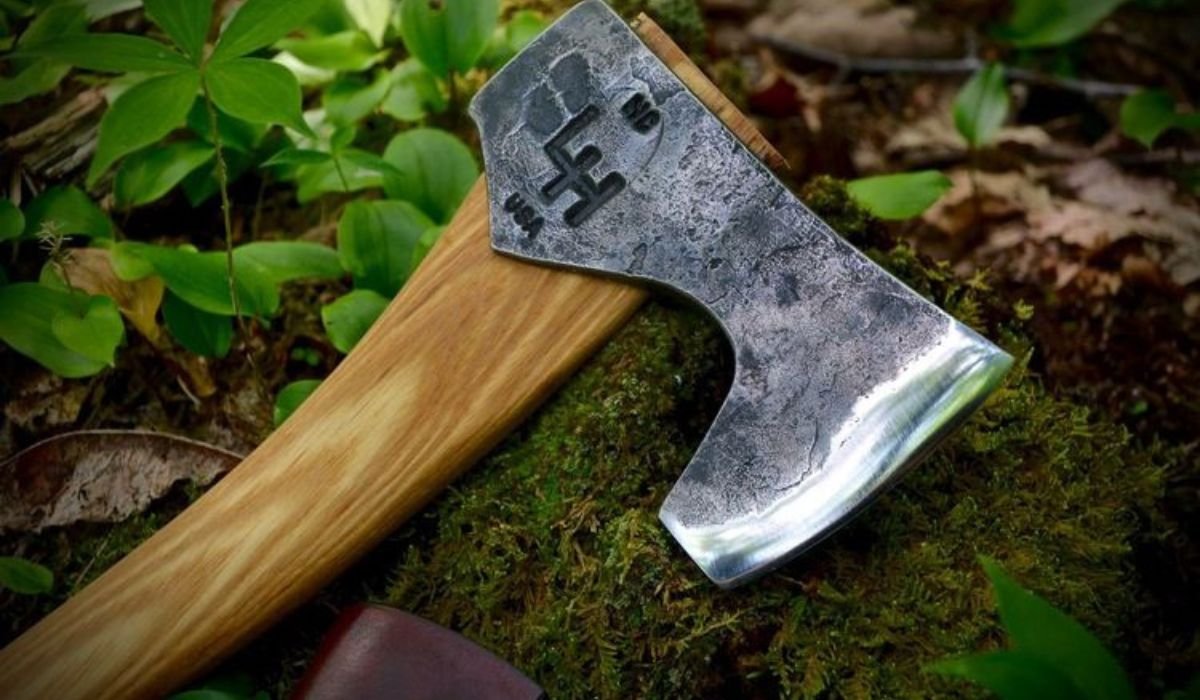Language is a fascinating tapestry woven from words, grammar, and cultural nuances. One such intricate thread in the Slavic language family is the verb “buši” (Cyrillic spelling буши). This post aims to demystify this term for history buffs and language enthusiasts alike, digging into its various forms, usages, and grammatical intricacies.
What Does “buši” Mean?
The word “buši” is a modified form of the verb “bušiti.” In its essence, “bušiti” means “to punch,” “to pierce,” or “to perforate.” The verb is versatile, applicable in various contexts ranging from physical actions to more metaphorical uses.
Inflection of “bušiti”
Inflection refers to the modification of a word to express different grammatical categories such as tense, mood, voice, aspect, person, number, gender, and case. In the case of “bušiti,” the inflected form “buši” can appear in multiple grammatical scenarios.
Third-Person Singular Present
In this form, “buši” is used to describe an action performed by a single person (he, she, it) in the present tense. For example:
- He/She/It punches – “On/Ona/Ono buši” (он/она/оно буши)
Here, “buši” captures an ongoing action, making it an essential part of everyday conversation and narrative storytelling.
Second-Person Singular Imperative
Another critical usage of “buši” is the second-person singular imperative form, which serves as a command directed at a single person. For instance:
- You punch! – “Buši!” (буши!)
In this case, “buši” is both a direct command and an encouragement for immediate action, often seen in instructional or motivational contexts.
Historical Context and Evolution
Origins of the Verb
The roots of “bušiti” can be traced back to Proto-Slavic languages, where verbs often held dual meanings encompassing both literal and metaphorical interpretations. Over centuries, “bušiti” evolved to fit various narratives, from folklore to contemporary usage.
Cultural Significance
In many Slavic cultures, verbs like “bušiti” carry significant weight. They are used not only in everyday speech but also in literature, music, and art, playing a crucial role in shaping cultural identity.
Practical Applications of “buši”
Everyday Conversations
In daily interactions, “buši” can be used to describe simple actions, such as:
- He punches the bag – “On buši vreću” (он буши врећу)
- She pierces the paper – “Ona buši papir” (она буши папир)
These examples highlight how “buši” fits seamlessly into routine conversations.
Literature and Storytelling
Authors and poets often employ “buši” to add depth and action to their narratives. For example:
- The knight pierces through the enemy lines – “Vitez buši kroz neprijateljske linije” (витез буши кроз непријатељске линије)
Commands and Instructions
In instructional contexts, “buši” serves as a straightforward directive:
- Punch harder! – “Jače buši!” (jače буши!)
Grammar and Conjugation
Present Tense Conjugation
For those interested in mastering the verb, here’s a detailed breakdown of its present tense conjugation:
| Person | Singular | Plural |
|——–|——————-|——————-|
| 1st | bušim (бушим) | bušimo (бушимо) |
| 2nd | bušiš (бушиш) | bušite (бушите) |
| 3rd | buši (буши) | buše (буше) |
Imperative Mood
The imperative form is relatively straightforward:
| Person | Singular | Plural |
|——–|———-|————-|
| 2nd | buši (буши) | bušimo (бушимо) |
Past Tense Conjugation
Understanding past actions requires a look at the past tense forms:
| Person | Singular | Plural |
|——–|—————————|—————————|
| 1st | bušio/bušila (бушио/бушила) | bušili (бушили) |
| 2nd | bušio/bušila (бушио/бушила) | bušili (бушили) |
| 3rd | bušio/bušila/bušilo (бушио/бушила/бушило) | bušili (бушили) |
Learning Tips and Tricks
Immersive Practice
Engage with native speakers to improve your usage of “buši” in real-life scenarios. Participation in language exchange programs or online forums can be incredibly beneficial.
Literary Exploration
Reading Slavic literature can provide valuable context and examples of “buši” in action. Focus on works by renowned authors to see how they incorporate the verb into their storytelling.
Interactive Tools
Utilize language learning apps and interactive tools that focus on Slavic languages. These resources often include exercises specifically designed to practice verb conjugations and imperative forms.
FAQs
1. What is the meaning of “buši” in English?
“Buši” is a form of the verb “bušiti,” meaning “to punch,” “to pierce,” or “to perforate” in English.
2. How is “buši” used in a sentence?
It is often used in both everyday contexts and literature. For example, “He/She/It punches” can be translated as “On/Ona/Ono buši.”
3. What is the origin of the verb “bušiti”?
The verb “bušiti” has its roots in Proto-Slavic languages, evolving over centuries to fit various narratives and contexts.
4. How do you conjugate “buši” in the present tense?
The present tense conjugation for “buši” is:
- 1st person singular: bušim
- 2nd person singular: bušiš
- 3rd person singular: buši
- 1st person plural: bušimo
- 2nd person plural: bušite
- 3rd person plural: buše
5. What are some common contexts for using “buši”?
“Buši” can be used in daily interactions, literature, and commands. For example, “Punch harder!” translates to “Jače buši!”
YOU MAY ALSO LIKE
Cassasse: A Verb Form in Romance Languages
Conclusion
The verb “bušiti” and its inflected form “buši” offer a fascinating glimpse into the richness of the Slavic language. From everyday conversations to literary masterpieces, understanding and mastering this verb can significantly enhance your linguistic skills and cultural appreciation. Whether you’re a history buff, a language enthusiast, or someone keen to explore new linguistic landscapes, “buši” offers a rewarding and enriching experience.










